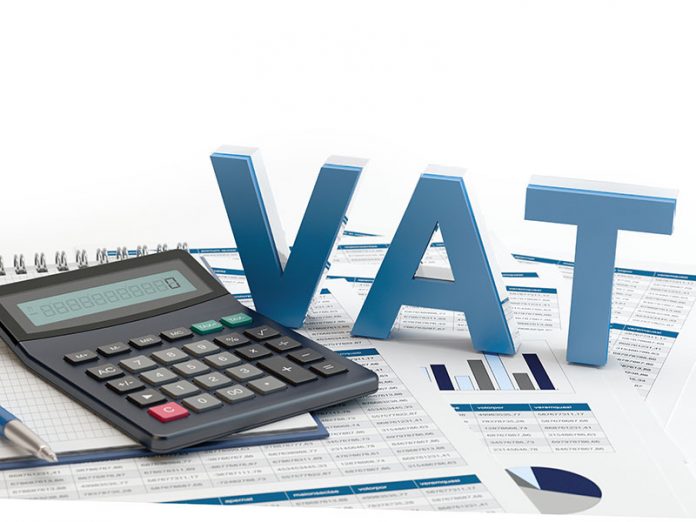Business entities are encouraged to acquint themselves with some of the provisions of Finance Act 2019 and Tax Modification Circular 2020.
These provisions may constitute traps that may result in future tax liabilities and negatively impact their businesses.
The FIRs with increasing number of circulars, explaining the details of the amended tax provisions is like a roaring lion, looking for who to devour.
Business owners must approach all business expenditure with all caution and sobriety.
One of such provisions is VAT on RENT/LEASE.
As gazetted, rent/lease agreement must meet two criteria to be vat exempted. These conditions are;
- The tenant/lessee must be an individual.
- It must be for residential purposes only.
Consequently, rent/lease agreements under the following scenarios will attract vat payment going forward.
- Rent/lease agreement between two individuals for commercial purpose is vatable, hence tenant must pay vat.
- Rent/lease between two limited liability Companies for residential or commercial is vatable, hence tenant must pay vat.
- Rent/lease agreement between an individual (landlord) & a limited liability Company for residential or commercial purposes will be vatable, hence tenant must pay vat.
Before Finance Act 19, the tenant doesn’t have to worry if the landlord refuse to charge vat on the rental value.
However , the amended law has imposed “Self Charging Principle”. This implies that a consumer must assess itself to Vat even if the seller fails or is unable to do so.
Practical implications of these provisions on businesses
To be continued…

Cool